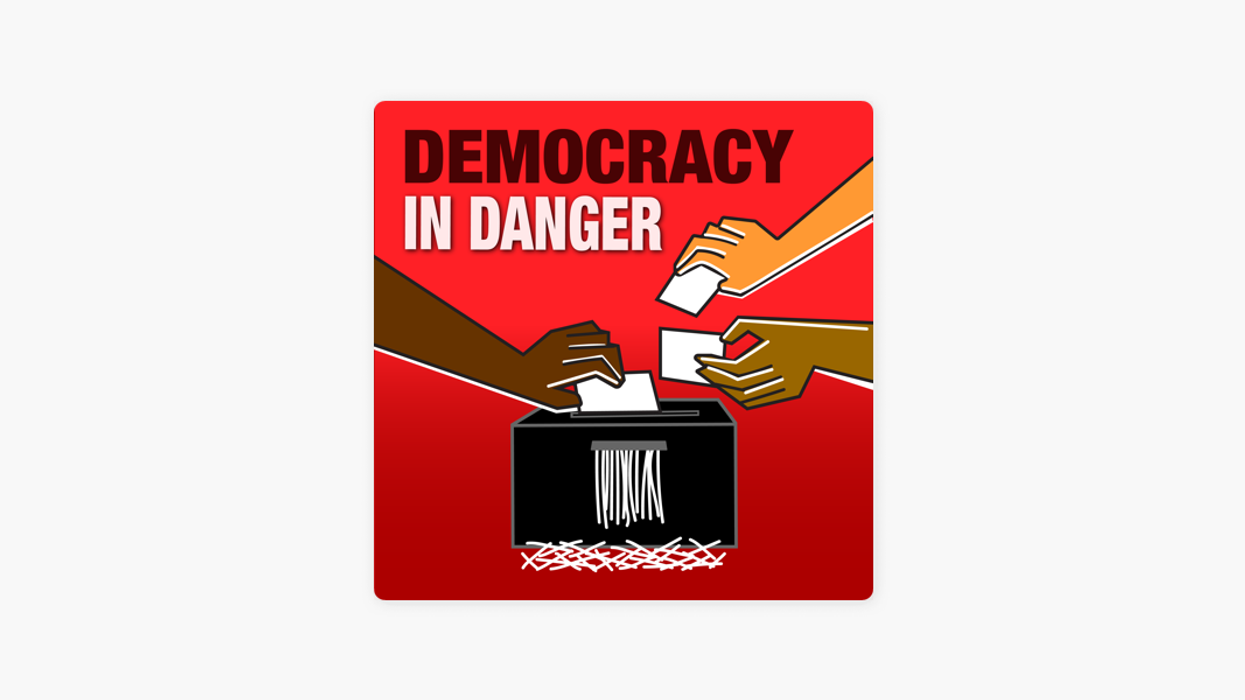Education is the subject this week on "Democracy in Danger." You’ve heard all about attacks on the teaching of racism and slavery, about the banning of books on the Holocaust and gender identity, about Florida’s “don’t say gay” bill. Public schools are ground zero in the battle over American civic life. But this is nothing new, historian Natalia Petrzela says. She locates the roots of such controversies in the cultural upheavals of the 1960s that continue to play out today, in a climate of discontent muddled by pandemic anxieties.
Podcast: Democracy in danger






 S4 E11. Learning Curbed
S4 E11. Learning Curbed













Trump & Hegseth gave Mark Kelly a huge 2028 gift